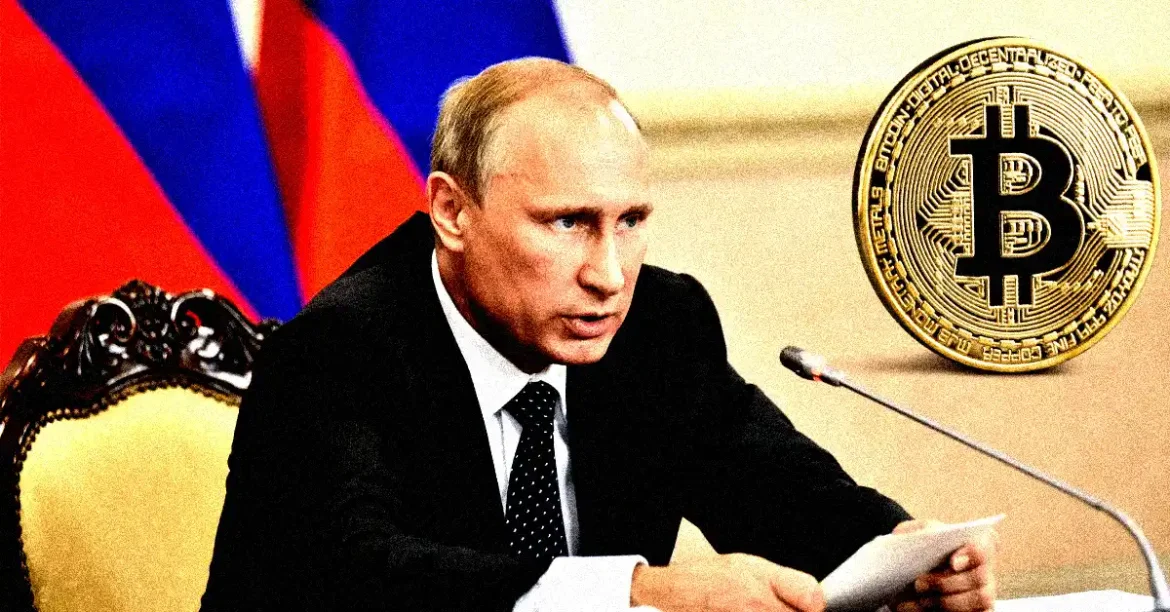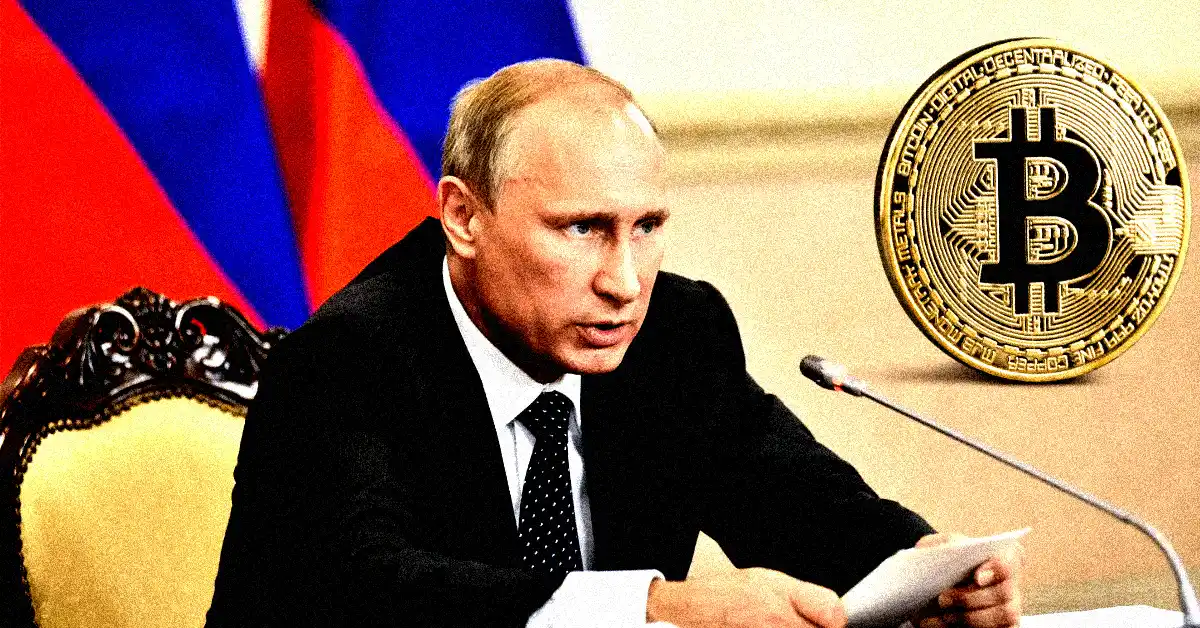Russia’s reliance on cryptocurrency as a tool to navigate the tightening grip of international sanctions, especially amid its grain export challenges, unveils a complex interplay of geopolitics, finance, and technological adaptation in modern warfare economics.
The Sanctions Landscape and Russia’s Economic Conundrum
Since the onset of the Russia-Ukraine conflict, Western nations including the US, UK, and EU have enforced broad and escalating sanctions targeting Russian banking, oil, export controls, and even specific individuals and entities. These sanctions aim to suffocate Russia’s access to traditional global financial systems and diminish its ability to trade on international markets.
However, despite these measures, Russia’s grain exports have surprisingly surged to record highs in the 2024-2025 agricultural season. Official data shows Russian grain exports reaching 71 million metric tons compared to 42 million in the pre-invasion 2021-2022 season. This growth runs counter to expectations given sanctions and restricted access to conventional financial channels. Key to this anomaly is Russia’s strategic pivot leveraging cryptocurrencies as an alternative payment and settlement mechanism.
Cryptocurrency as a Bypass for Sanctions
The sanctions have heavily disrupted Russia’s ability to use traditional banking and currency systems, especially with many Russian banks cut off from SWIFT and other global payment platforms. Facing near-blocked financial routes for crucial exports like grain, Russian authorities and businesses increasingly explore crypto usage to keep trade flowing under severe restrictions.
Digital assets offer several practical advantages in this context:
– Decentralized and borderless transactions: Crypto exchanges and blockchain transactions are not reliant on traditional banking infrastructure, making them harder for sanctioning nations to monitor or block.
– Anonymity and obfuscation: While not completely untraceable, cryptocurrency transactions provide a layer of privacy, allowing Russia to circumvent direct scrutiny.
– Legal and policy shifts: The Kremlin has formally legalized cryptocurrency mining and established frameworks for international crypto payments, signaling official endorsement of crypto as a strategic tool.
Reports indicate Russian firms and freight operators may soon settle grain export payments in cryptocurrencies, effectively sidestepping dollar and euro-based sanctions. This would allow Russia to sell grain and receive payment without the delays or blocks created by Western financial controls.
Challenges and Limitations of Crypto Evasion
Despite these apparent benefits, experts voice skepticism about how effectively cryptocurrency can serve as a sanctions antidote:
– Liquidity and convertibility: While crypto can facilitate payments, converting substantial amounts into usable local currency without triggering attention remains difficult. Major exchanges comply with international laws and often freeze accounts linked to sanctioned entities.
– Market size and volatility: The scale of Russia’s economy and commodity exports dwarfs most crypto markets, limiting the volume of transactions that can realistically be processed through digital assets.
– International regulatory response: Sanctioning bodies and regulatory agencies are increasing vigilance on cryptocurrency transactions, developing blockchain analytics tools to track illicit flows and freeze assets.
In effect, while crypto presents a viable alternative for transactional continuity, it is unlikely to restore Russia’s full economic capacity under sanctions.
Grain Exports as a Political and Economic Weapon
Russia’s use of grain exports and food supplies extends beyond economics into geopolitics. By sustaining and even expanding grain shipments despite sanctions, Russia maintains leverage over global food markets, particularly in food-importing regions vulnerable to supply disruptions.
– Russia’s grain may be offered preferentially or at discounted prices to countries that do not impose sanctions, effectively building alternative alliances or influence networks.
– The Kremlin’s control over critical agricultural exports complements its use of energy exports and military actions as tools of “weaponized” economic pressure.
– Conversely, Ukraine’s grain export routes have been severely disrupted by Russian naval blockades, prompting global food security concerns.
Russia’s capability to keep its grain trade functional via cryptocurrencies and alternative financial arrangements complicates efforts to press Moscow economically while managing humanitarian and market stability.
The Broader Implications for International Finance and Sanctions Enforcement
The Russian case illustrates how digital currencies challenge traditional sanction frameworks, signaling a need for innovation on all sides:
– Governments must develop enhanced blockchain surveillance, regulation, and cooperation to close loopholes.
– Sanctioned nations may increasingly adopt cryptocurrencies, digital rubles, or other technologies as tools to evade economic restrictions.
– Global financial architecture may need rethinking to incorporate resilience against decentralized, unregulated transaction networks.
The Kremlin’s legalizing of cryptocurrency mining and payments marks a notable state-level embrace of what was once a fringe financial phenomenon, linking national security and economic sovereignty to digital asset innovation.
Conclusion: Crypto’s Double-Edged Role in Russia’s Sanctions Evasion
Russia’s growing reliance on cryptocurrencies to power grain exports amid intense sanctions is emblematic of a new era where geopolitical conflict and financial technology intersect. Cryptocurrency provides Russia with a partial lifeline to sustain critical trade and blunt sanctions’ impact. Yet, it is not a silver bullet capable of fully restoring Russia’s international financial reach given regulatory countermeasures and market constraints.
As Russia pushes forward with its digital asset agenda, the efficacy of global sanctions will depend on how rapidly and effectively the international community adapts its tools to this evolving financial battlefield. The Russian experiment with crypto-enabled sanctions evasion offers a vivid preview of future complexities in enforcing economic penalties during geopolitical crises.





